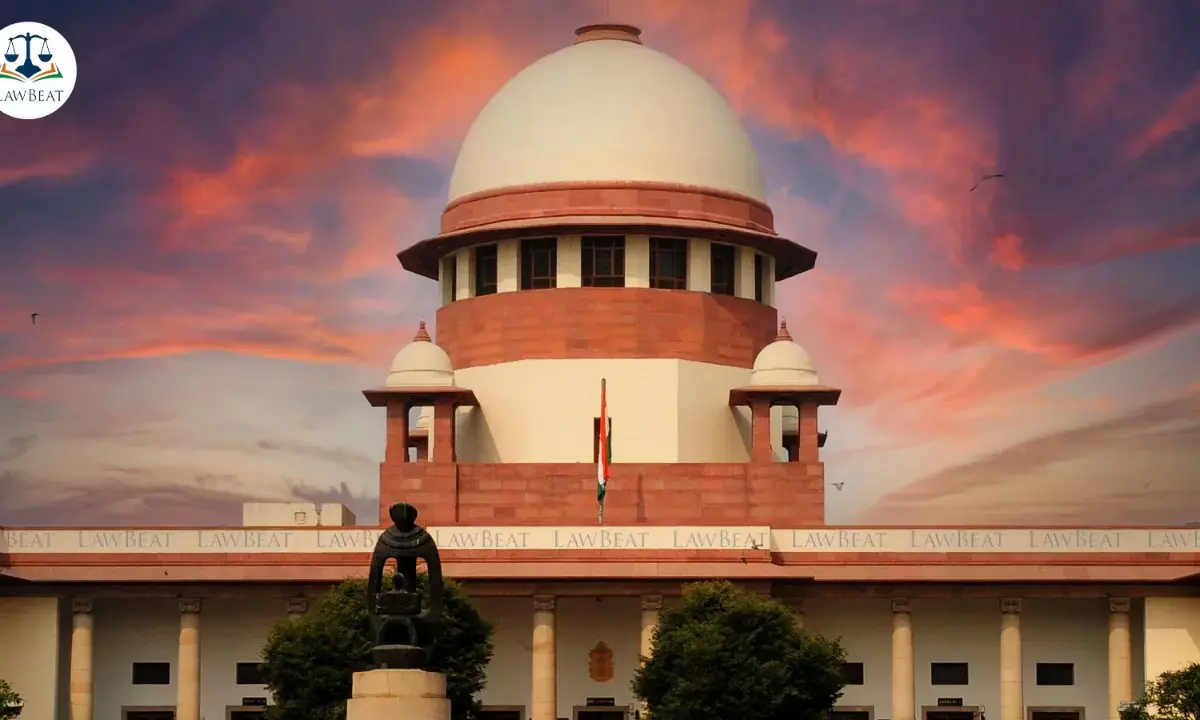Supreme Court Refuses PIL Seeking Benefits In Government Jobs For Displaced Kashmiri Hindus

Supreme Court refuses plea by Kashmiri Pandits seeking benefit in government jobs
The Supreme Court today refused to entertain a petition filed by Panun Kashmir Trust seeking parity in age relaxation benefits in recruitment to Group C and D Central Government jobs for displaced Kashmiri Hindus.
Filed under Article 32 of the Constitution of India, the plea argues that while victims of the 1984 anti-Sikh riots and the 2002 Gujarat riots have been granted such relaxations, Kashmiri Hindus are denied similar affirmative measures.
Court has been told that Kashmiri Hindus were forced to flee their ancestral homeland in January 1990, leading to prolonged deprivation of their fundamental rights for over three decades.
Group C Jobs include Clerical and Operations Staff which are expected to be a high school pass-out or a graduate. Group D Jobs are for Support Staff like peons, security guards, etc., for which minimal educational qualifications are required.
The Supreme Court in 2022 had also refused a petition seeking directions to the Union of India to rehabilitate/ resettle the Kashmiri Hindus and Sikhs who migrated from Kashmir after the exodus in the year 1990 and to identify the perpetrators who were involved, and who aided and abated the genocide of Hindus and Sikhs in Jammu & Kashmir, and asked the petitioners to approach the Union of India first.
The plea alleged that due to the inaction and silence of the Police Administration, and government machinery during the relevant period, the Hindus and Sikhs were brutally killed in large numbers, they were forced to migrate from Kashmir and their properties were dealt with in a manner the perpetrators wanted to deal with.
It is to be noted that former Supreme Court judge, Justice Sanjay Kishan Kaul in his concurring but separate judgment upholding the abrogation of Article 370 had in 2023 recommended the setting up of a commission to investigate and report on the violation of human rights in Jammu & Kashmir since the 1980s.
Considering the significance of the matter and the sensitivities involved, Supreme Court has added that it is for the Government to devise the manner in which this should be set up, and to determine the best way forward for the commission. "As a word of caution, the Commission, once constituted, should not turn into a criminal court and must instead follow a humanized and personalized process enabling people to share what they have been through uninhibitedly. It should be based on dialogue, allowing for different viewpoints and inputs from all sides.", the judge had added.
Supreme Court in December 2023 had upheld the abrogation of Article 370 of the Constitution of India which accorded "special status" to the erstwhile state of Jammu and Kashmir.
Court has held Article 370 to be a temporary provision enacted introduced to serve a transitional purpose considering the war conditions in the state of Jammu and Kashmir. A textual reading of the article also indicates that it is a temporary provision, CJI read from his judgment.
Presently, the Supreme Court is also dealing with the issue of restoration of the statehood of Jammu and Kashmir in a time-bound manner. While upholding the abrogation of Article 370, the top court had ordered, "Restoration of statehood shall take place at the earliest and as soon as possible". Court had relied on the Solicitor General Tushar Mehta's statement that the statehood of Jammu and Kashmir will be restored (except for the carving out of the Union Territory of Ladakh). In view of the SG's statement, Court had not found it necessary to determine whether the reorganisation of the State of Jammu and Kashmir into two Union Territories of Ladakh and Jammu and Kashmir was permissible under Article 3.
Case Title: PANUN KASHMIR TRUST vs. UNION OF INDIA AND ORS.
Bench: Justices Vikram Nath and Sandeep Mehta
Hearing Date: September 23, 2025
